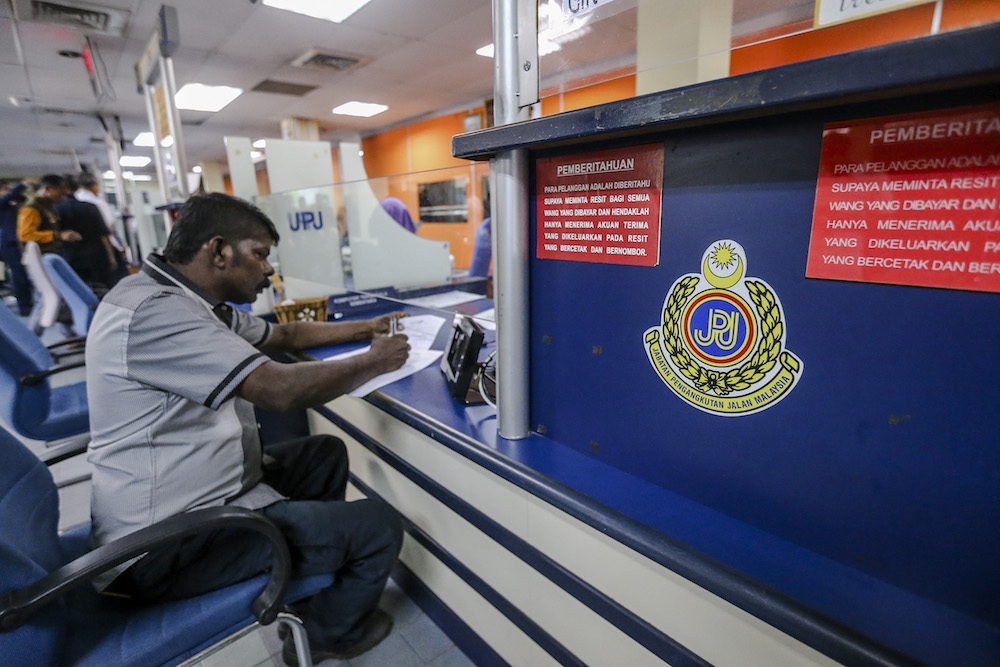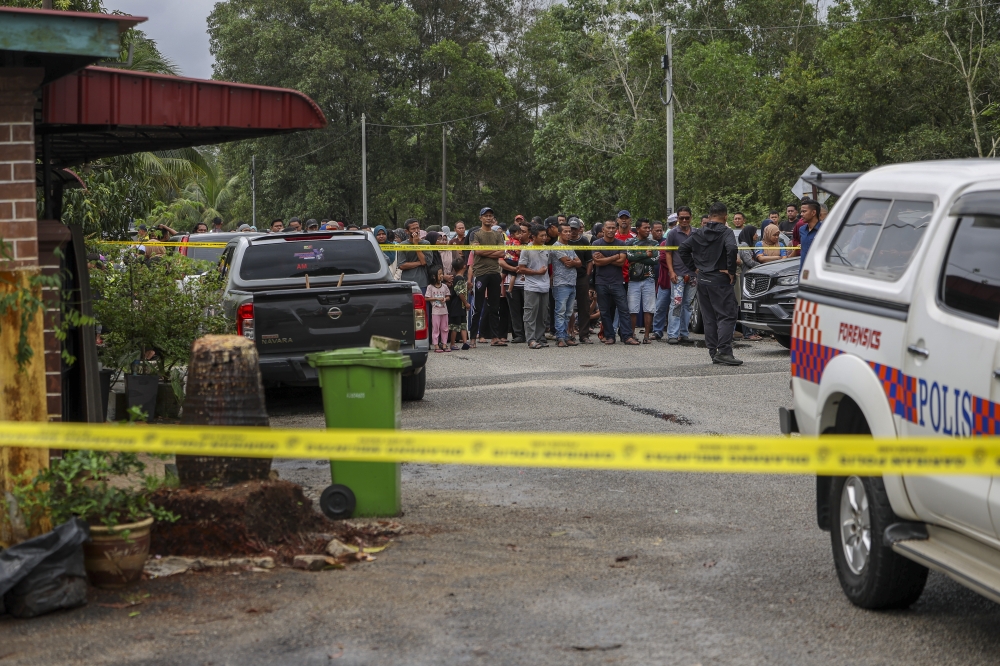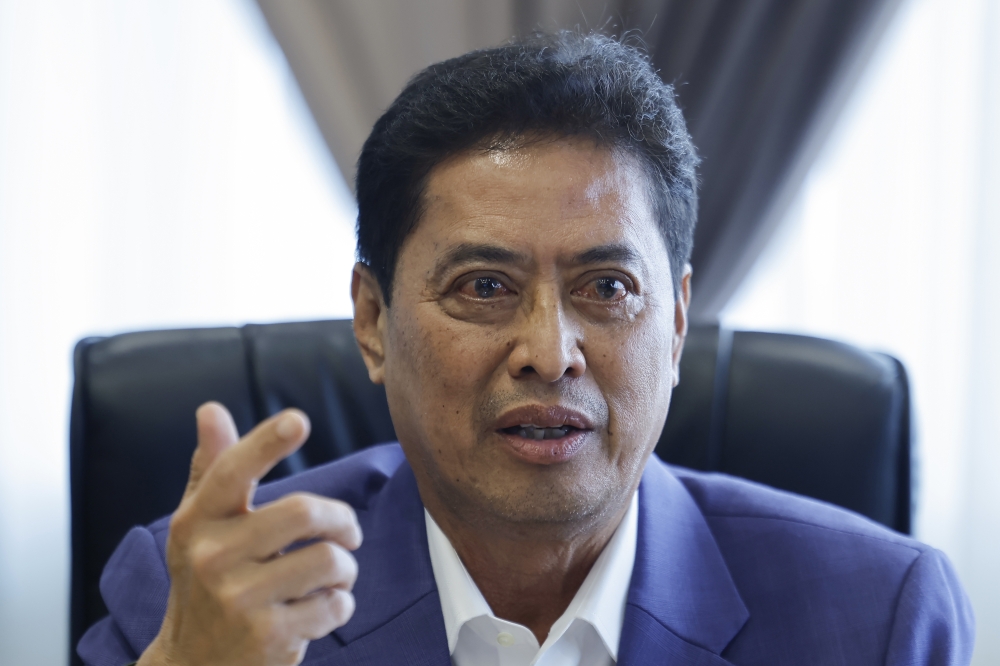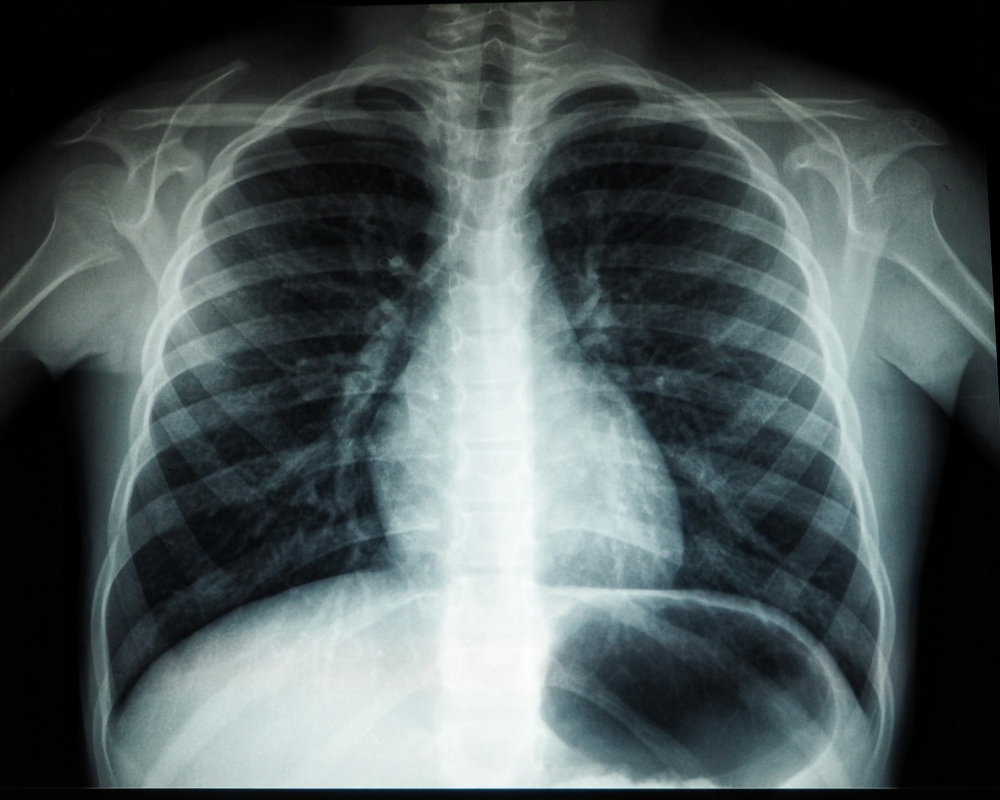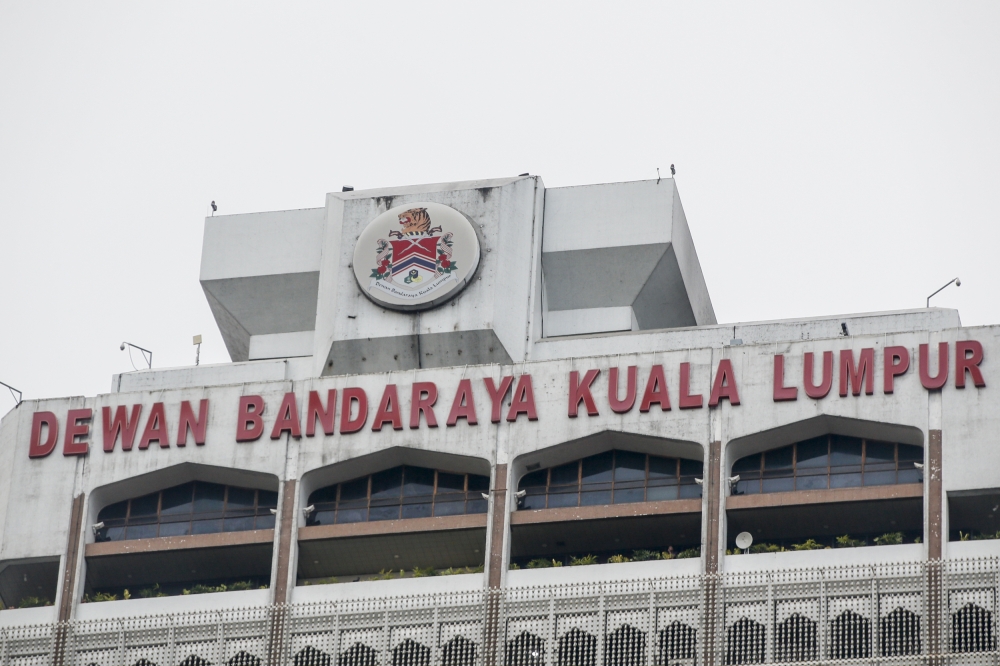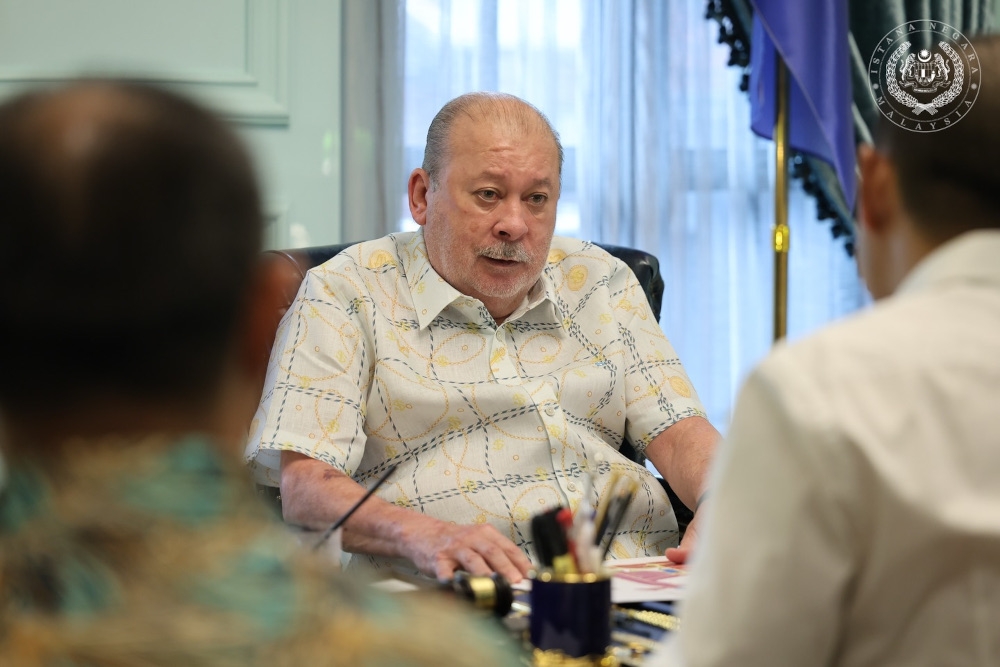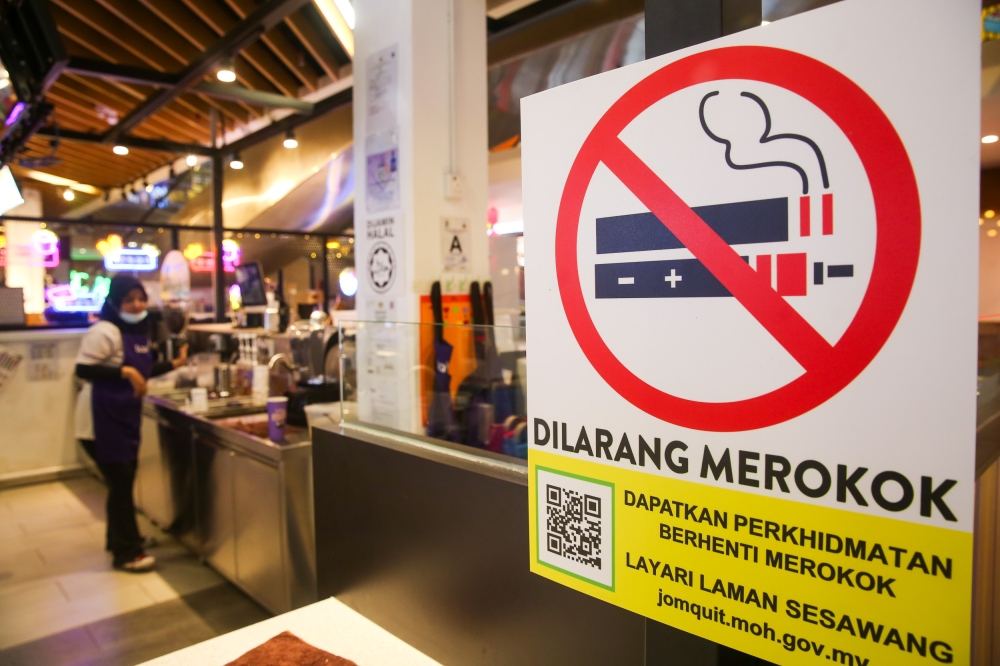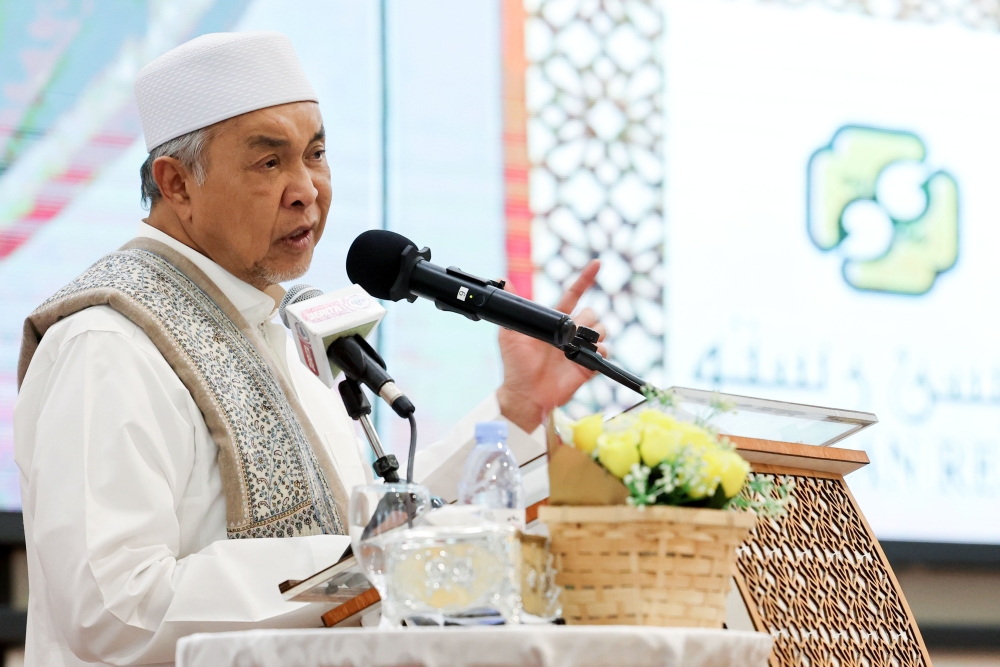KUALA LUMPUR, Sept 2 ― More than US$681 million (RM2.82 billion) or nearly 70 per cent of a US$975 million sum borrowed by a 1Malaysia Development Berhad (1MDB) subsidiary was diverted in September 2014 to yet another fake Aabar entity in the island nation of Seychelles, the High Court heard today.
This was just months after US$175 million was also channelled from the same 1MDB unit to a cloned Aabar company in the British Virgin Islands (BVI), the court heard.
Today, former 1MDB CEO Datuk Shahrol Azral Ibrahim Halmi agreed that bank documents had shown a total of more than US$681 million being paid by 1MDB Energy Holdings Limited to the fake Aabar company in Seychelles.
Shahrol Azral was testifying as the ninth prosecution witness in former prime minister Datuk Seri Najib Razak's corruption and money-laundering trial involving 1MDB funds.
In this trial, it emerged that Abu Dhabi's sovereign wealth fund International Petroleum Investment Company's (IPIC) subsidiary Aabar Investments PJS was touted to be interested in joint ventures with 1MDB, but evidence has since shown that 1MDB had instead dealt with fake entities bearing strikingly similar names but who were not actually linked to the real entity.
The two fake entities are both named Aabar Investments PJS Limited, with one incorporated in the British Virgin Islands and the other incorporated in Seychelles.
The court heard today how 1MDB's subsidiary 1MDB Energy Holdings Limited in 2014 had taken on two massive loans totalling US$1.225 billion from Deutsche Bank in Singapore, only to pay out most of its borrowings to the fake Aabar companies instead of using the funds for the original intended purpose.
For the first loan of US$250 million released on May 26, 2014, 1MDB Energy Holdings had transferred US$175 million to the BVI entity Aabar Investments PJS Limited's account at the BSI bank in Lugano, Switzerland.
As for the US$975 million made available on September 1, 2014, Shahrol Azral agreed when shown bank documents that 1MDB Energy Holdings Limited had sent two payments to the Seychelles-incorporated Aabar Investments PJS Limited's UBS bank account in Singapore ― US$223.333 million on September 3, 2014 and US$457,984,607 on September 30, 2014.
While confirming the details shown in the UBS bank documents, Shahrol Azral also told Najib's lawyer Wan Aizuddin Wan Mohammed that he had not seen these documents back in 2014 or during investigations for the 1MDB case.
In 2014, Shahrol Azral was no longer 1MDB CEO but was still a member of 1MDB's board of directors.
Shahrol Azral told Wan Aizuddin that 1MDB's board of directors were not briefed about the 1MDB subsidiary's transfer of both sums to the fake Aabar companies, further confirming that 1MDB management did not seek the board's approval to undertake the US$457 million transfer.
On the first day of the trial, the prosecution had said it would prove some of the funds that were transferred to the two fake Aabar entities had in 2014 allegedly made its way to Najib's bank account in 2014, namely two separate sums in sterling pounds that were equivalent to RM 4,093,500 and RM 45,837,485.70.
Among other things, Shahrol Azral had today insisted that Najib’s handwritten note of “Tan Sri Ismee. Noted the contents with no objection” as chairman of 1MDB’s board of advisers amounted to instructions regarding the US$975 million loan that was proposed in August 2014 and was later taken up by 1MDB Energy Holdings Limited.
.jpg)
About the two fake Aabar
Shahrol Azral agreed with Wan Aizuddin that the Aabar BVI entity is not affiliated with the real Aabar that belongs to IPIC, and that he could now confirm in hindsight that the fake Aabar was operated by two “rogue” officers from IPIC ― namely IPIC managing director Khadem Al-Qubaisi and Aabar Investments PJS's CEO Mohamed Badawy Al-Husseiny.
As for the Aabar in Seychelles, Shahrol Azral was shown documents for the first time on the company's incorporation on May 21, 2014 which was just about three months away from the US$681 million transfers by the 1MDB unit. He noted that a certificate of incumbency shown in court stated that the real Aabar was named as this company's shareholder.
Also shown documents related to the Seychelles-based Aabar's opening of a bank account, Shahrol Azral agreed that it showed the Abu Dhabi government being listed as the company's beneficial owner, but declined to comment if this was true as this was the first time he had seen the documents.
What the two loans totalling US$1.225b were meant for
Today, the court heard that the two loans of US$250 million and US$975 million were meant to fund 1MDB’s buying back of options it had previously given to the real Abu Dhabi-owned Aabar PJS Investments. The options were given to Aabar to take up shares in two 1MDB subsidiaries when 1MDB was raising funds of US$3.5 billion previously to acquire independent power plants, in return for purported IPIC guarantees of the fund-raising effort via bonds.
Shahrol Azral said 1MDB Energy Holdings Limited was required to pay back the US$250 million loan taken in May 2014 in one lump sum in nine months’ time or in early 2015, explaining that the company had then taken on the bigger loan of US$975 million in September 2014 to pay off the initial US$250 million loan as well as pay for the Aabar options buyback.
When shown a December 20, 2014 minutes of a 1MDB board meeting that appeared to suggest that the US$975 million loan was not used to pay for the Aabar options, Shahrol Azral however said he would not go so far as to say that proceeds from the US$975 million loan was embezzled out of 1MDB Energy Holdings Limited as he has no direct knowledge on the transactions.
Shahrol Azral also disagreed with Wan Aizuddin’s suggestion that he had played an active part in the alleged embezzlement scheme by purportedly misleading and concealing material facts from the 1MDB board, also disagreeing that he had played along with fugitive businessman Low Taek Jho’s instructions to embezzle money from 1MDB.
Wan Aizuddin also highlighted that the December 2014 minutes showed that 1MDB’s purported assets of US$2.3 billion in promissory notes held by the company’s special purpose vehicle Brazen Sky Limited were used as collateral for the US$975 million loan, questioning why the 1MDB board had not chosen the route of liquidating and using the US$2.3 billion to buy the Aabar options instead of borrowing US$975 million.
Shahrol Azral however said that he was told by 1MDB senior management that the US$975 million loan option was the “direction” that had been discussed with 1MDB’s shareholder and that 1MDB directors just went along with the alleged plan. 1MDB’s shareholder is the Finance Ministry-owned MOF Inc, with Najib typically signing off for the shareholder due to his position as finance minister.
“At this point in time, towards 2014 and 2015, a lot of detailed decisions around Aabar options, the IPIC guarantee and so on were done at the PMO level already,” Shahrol Azral explained.
Wan Aizuddin then suggested that Najib as the 1MDB shareholder or chairman of 1MDB’s board of advisers would not have objected if the 1MDB management had proposed using the US$2.3 billion assets instead of taking on a loan to finance the Aabar options buyback, but Shahrol Azral said he does not know as he does not have direct knowledge of any discussions.
Wan Aizuddin: You would agree as a prudent business, rather than taking up a loan of US$975 million, liquidating US$2.3 billion assets is more economical?
Shahrol Azral: Yes, on the face of it, it would make a lot more sense if we use the money that is being liquidated at that point in time to pay for the options.
Shahrol Azral previously testified in court that he had only discovered during the Malaysian Anti-Corruption Commission’s (MACC) investigations that those US$2.3 billion promissory notes were actually worthless pieces of paper that had no value at all.
Najib's trial before High Court judge Collin Lawrence Sequerah resumes tomorrow morning, with Najib's lawyer Tan Sri Muhammad Shafee Abdullah expected to wrap up cross-examining of Shahrol Azral.
Shahrol Azral has been in the witness stand for more than 30 days in this trial.


